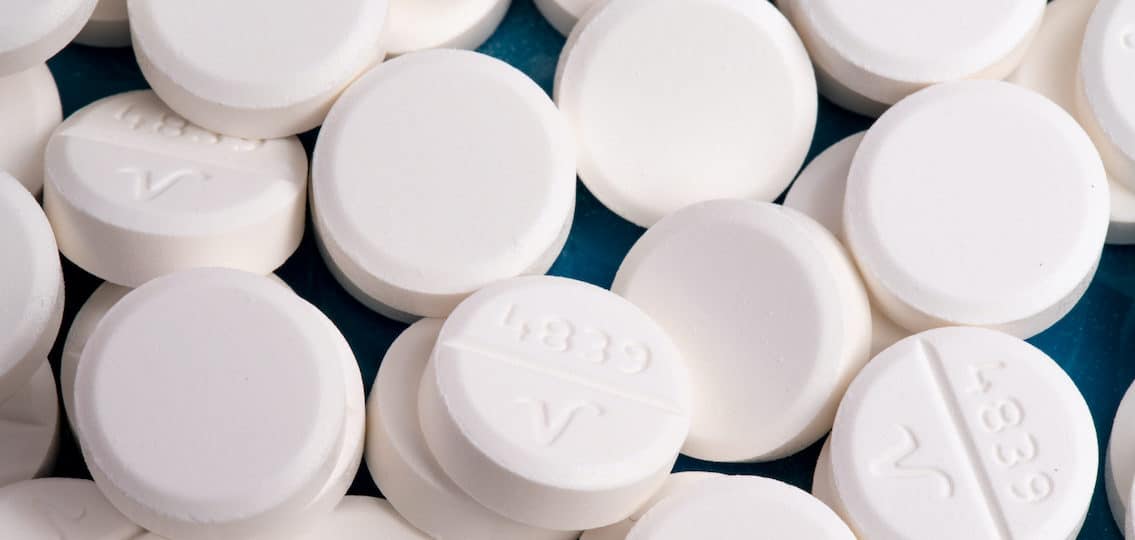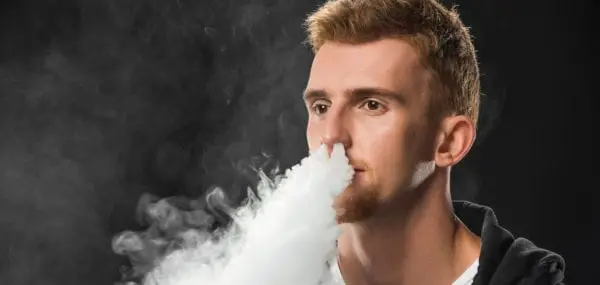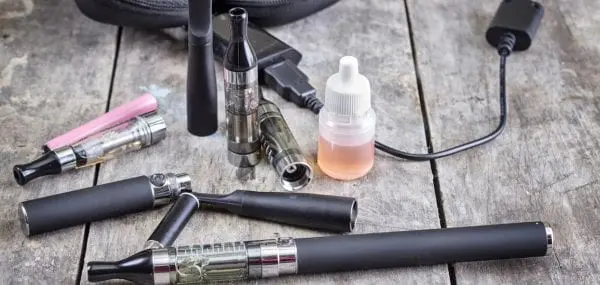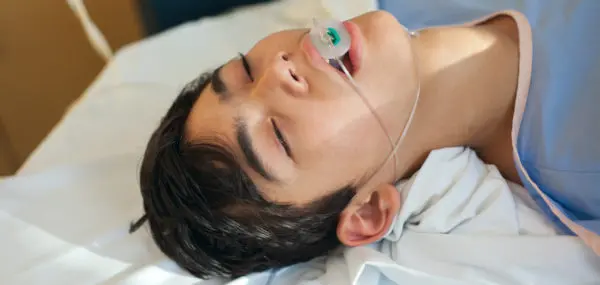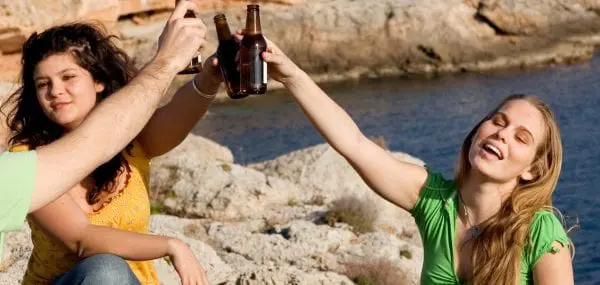My father, an addict who got clean in 1984, likely wouldn’t have made it past 20 if he’d been a teenager today. When he started using back in the 1960s, he was self-medicating an overwhelming depression that ultimately took his life at 57. But unlike many teens trying to escape their reality today, my dad had the opportunity to recover. To find joy. To be a husband and a father.
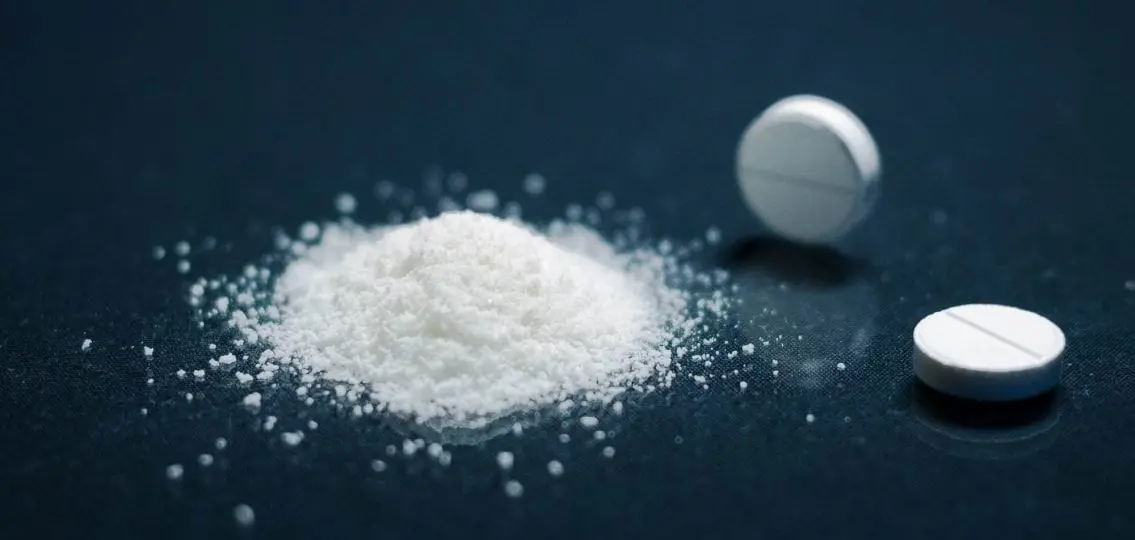
Today’s teenagers are up against much stiffer odds and a changed drug scene. In the 12 months leading up to May 2020, over 81,000 drug overdose deaths occurred nationwide—the highest number ever recorded in one year, according to the Centers for Disease Control and Prevention (CDC).
Many of those overdoses involved fentanyl, a prescription pain reliever estimated to be 50 times stronger than heroin, that began infiltrating the illegal street market about seven years ago.
A Dangerous Drug Scene
The current trifecta of Covid-19, a crushing national mental health crisis, and the effects of long-term isolation have created yet another public health emergency, this one with teenagers squarely in the eye of the storm. After sheltering in place for a year, many teens are turning to social media looking for connection and amusement, but they’re finding drug dealers actively marketing to them.
As the mother of a 14-year-old and a 17-year-old, and the daughter of an addict, I’d always planned on keeping an open line of communication about drugs—a cool vibe that would respect what I assumed might be my teens’ natural, youthful inclination to experiment. I knew firsthand my grandparents hadn’t taken this approach with my father, so it seemed to be a good option. (And, let’s be honest, I’d hoped that if I was really cool about it, my kids wouldn’t be the least bit interested in drugs.)
But after witnessing this rapidly changing drug environment unfold, driven home by the news that several teens in our area have been lost to this crisis,
I realized it was time for an actual plan—one that went beyond magical thinking.
So, I reached out to a few experts and asked for advice.
What Parents Can Do to Help Teens
Here’s what they shared:
1. Don’t wait to start talking—and keep talking
Lillian Freeman, LCSW, a Los Angeles-based psychotherapist specializing in children and adolescents, recommends parents begin to discuss drugs with their kids as early as kindergarten, using appropriate language, of course.
“By fourth grade, you can start talking about ‘good drugs’ and ‘bad drugs’ because kids and teens need to know there is a difference,” Freeman says. “Drugs prescribed for you by a doctor are good and they can help keep you well, but street drugs or drugs your friend gives you can be bad.”
Educate your teen about the changing drug scene by giving real world examples they can relate to. Together, read the heartbreaking stories of how teenage addiction is playing out for families in your community. Use language that is accurate and direct: “There are drug dealers on social media who might try to sell you a counterfeit drug that could kill you—the very first time you try it.”
2. Teach your teen to think critically
Studies show the most effective way to persuade teens to avoid dangerous behavior is to make sure they understand when they are being played. Explain to your teen that any drugs they receive may be labeled as one thing but could contain something much more deadly, such as fentanyl.
Encourage your teen to stop and ask themselves, “Is this a safe choice?” before accepting any type of drug from anyone. Make sure they know that if they feel stressed or depressed, they can come to you and together you will figure it out.
Remember, these are not the drugs you grew up with. There is no room for experimentation when fentanyl is in the mix. There is no do-over with a laced pill. There is no learning curve after drinking “Molly water”—a cocktail with a handful of miscellaneous pills.
Help your teen understand that by accepting a pill—from a friend, someone on social media, or out of a communal bowl at a friend’s party—they are taking an unnecessary and dangerous risk they might not be able to undo.
3. Stay informed and be prepared
The drug threat of today may be different tomorrow. As parents, we need to keep learning and staying abreast of the latest so we can be on the same page with our teens and support them as they enter the world. As overwhelming as it might seem, with a new drug or danger always on the horizon, being knowledgeable and available for our teens is vital.
Like with all difficult issues, a relationship based on mutual respect and open communication ultimately greases the wheels. Your teen needs to know they have your support and love.
Let your child know they can call you if they’re in a situation where they’re uncomfortable or feel unsafe for any reason—and you will come get them, with zero judgement. Consider phone apps like LYFT or Uber so your teen can make a quick escape if they need one. Agree on a plan, and when your kid uses it, don’t lecture. Instead, thank them for making the safe choice.
But even with open communication and the best intentions, overdoses can happen. Dr. Rebecca Cunningham, a Northern California pediatrician who treats both children and teens, says it’s not a bad idea to keep the opioid overdose reversal medication Narcan (Naloxone, available over the counter) stored in your medicine cabinet, just in case.
Putting the Plan into Action
I don’t have the conversations with my teens I thought we’d have, where I’m cool and accepting—the type of chat I imagined would have made a difference for my father when he was young. Instead, we watch the stories of our local families who have been devastated by fentanyl-laced overdoses. We talk about social media, drug dealers, and irrevocable decisions. I tell them how I wish things were different, that they could have a more “normal” teenage experience, but like so many things right now, normalcy is a thing of the past.
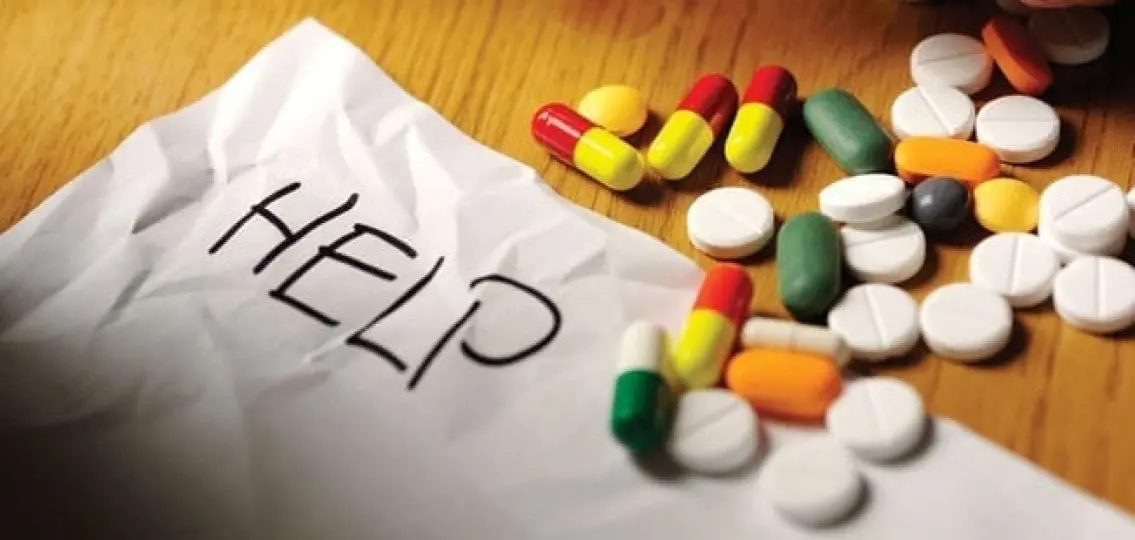
What the last year has brought, though, is a new level of honesty and closeness in our family, a willingness to have hard conversations, as well as an immeasurable number of card games and movie nights. This will simply have to be one more thing we find our way through together.
